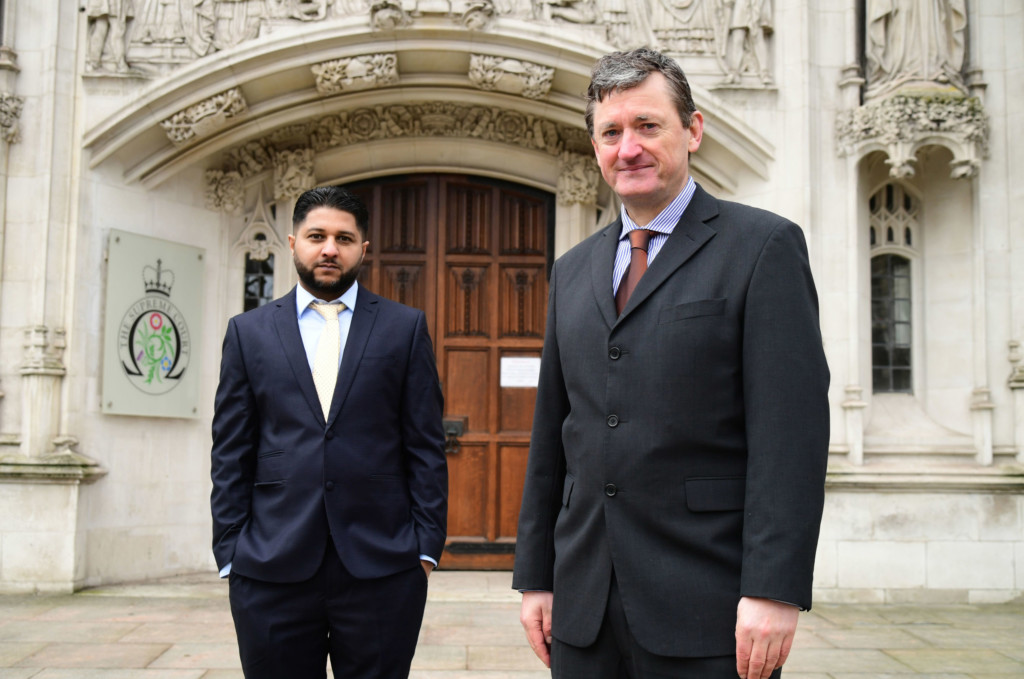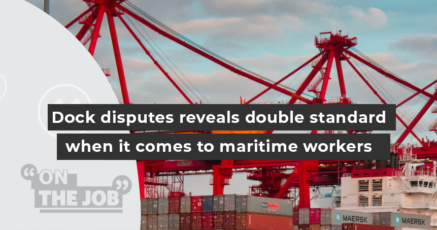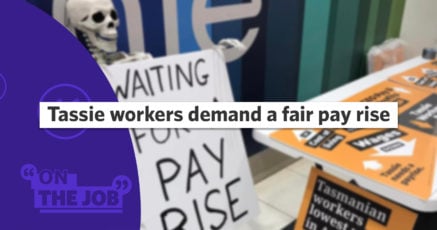Is the jig finally up for the gig economy?
Last week’s landmark ruling in the British Supreme Court that Uber drivers in the UK were employees rather than sole contractors may have kicked a giant hole in the low pay, no responsibility business model that the tech giant and others like it have relied upon.
“This has been a gruelling four-year legal battle for our members – but it’s ended in a historic win,” said Mick Rix from the GMB trade union.
“The Supreme Court has upheld the decision of three previous courts, backing up what GMB has said all along – Uber drivers are workers and entitled to breaks, holiday pay and minimum wage,” Mr Rix said.
The journey to the landmark British ruling started when two drivers, James Farrar and Ysaem Aslam, filed a case against Uber on behalf of 23 other drivers.

Here in Australia, the situation is vastly different. Only weeks ago, the Fair Work Commission ruled that a delivery driver who claimed unfair dismissal from Uber was not an employee of the company.
After a spate of fatal accidents that claimed the lives of five delivery riders in the space of three months at the end of 2020 in Australia, the spotlight has been shone on the dangerous, insecure and low paid work that gig economy workers are engaged in.
National Secretary of the Transport Workers Union (TWU), Michael Kaine, said that Australia is well behind the standards upheld by the British court decision.
“This ruling from the UK is unequivocal and has huge implications for Australian law – gig economy workers have rights. We call upon the Federal Government to urgently act upon this ruling and legislate now to recognise the rights of rideshare drivers and food delivery riders,” Mr Kaine said.
“The rest of the world is leaving Australia behind while our laws remain out of date. The need to regulate is urgent with delivery riders dying on the roads and rideshare drivers being ripped off. Our aim is for regulation to put in place an independent tribunal to give workers the rights and protections they need.”
Malcolm McKenzie has been rideshare driver making a living on Sydney’s roads for the past three years. He finds the burden placed on drivers to carry all the costs and risks associated with his job wearying.
“It’s the risks of operating the vehicle, it’s costs,” he explained to On the Job.
“It’s in trying to minimize your costs and maximize your profit. You might be making decisions about safety that minimize costs like using tyres for a longer period rather than having better grip, things like that.
“Rideshare drivers can’t get workers compensation – we can get personal accidents policies which are just completely inadequate in terms of the amount claimed.
“Rideshare drivers don’t pay themselves superannuation. We drivers make those decisions in order to keep food on the table and the rent paid,” Mr. McKenzie said.
Mr McKenzie believes its time Australian gig economy workers went back to the courts to try and change the status of their employment.

“I think it’s incumbent on rideshare drivers in Australia to take a court action against Uber and other rideshare operators to make that case for us being employed,” he said.
For Michael Kaine and the TWU, these changes shouldn’t be left to the courts. They want to see legislation and laws that provide protection, job security and entitlements for gig economy workers.
“The Federal Government has proved this week it is willing to take on major tech firms like Google and Facebook in an effort to regulate them. It should apply the same determination towards Uber, Deliveroo and others and protect workers in Australia,” he said.








SHARE:
UK Uber ruling a huge win for workers